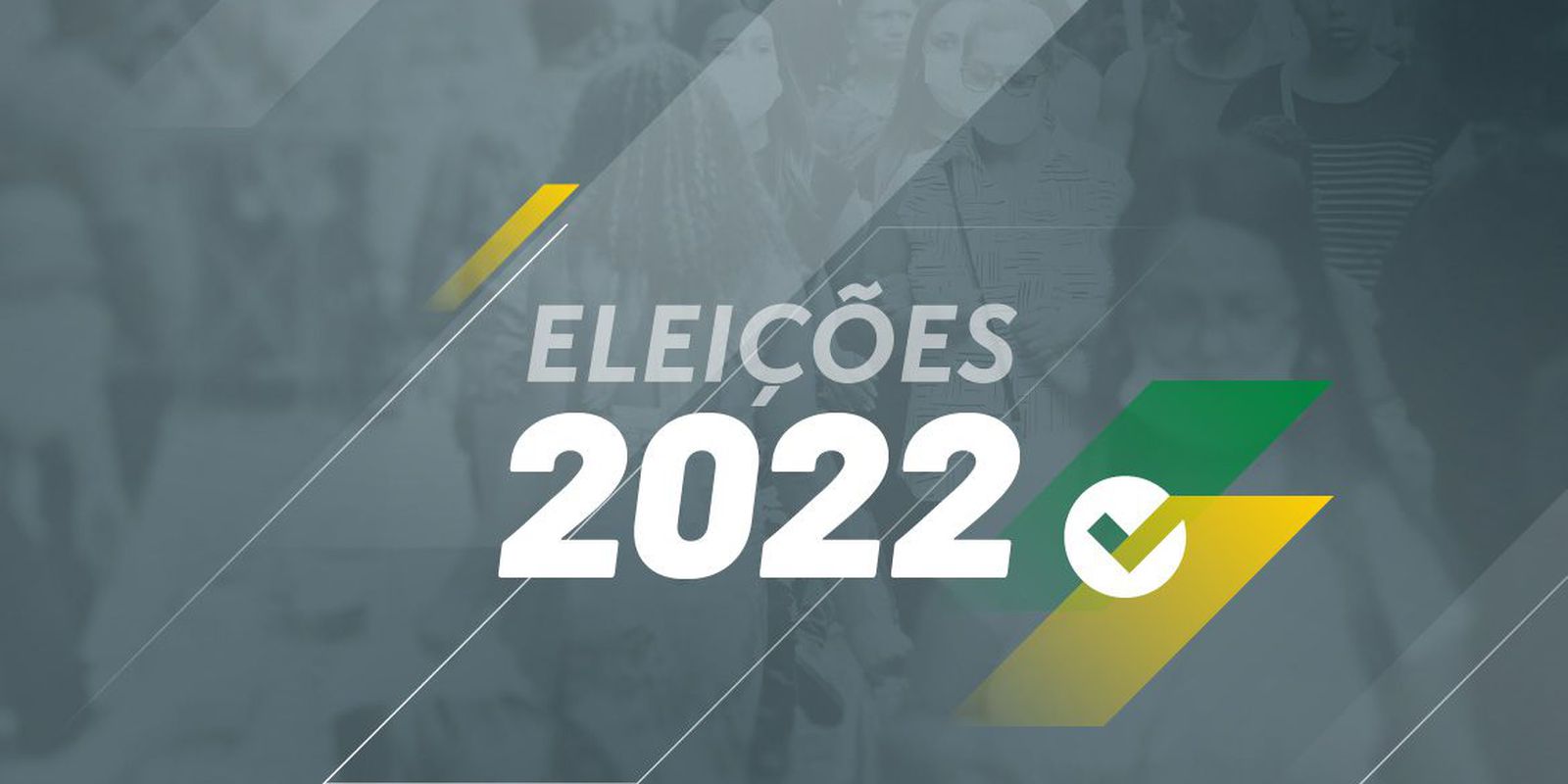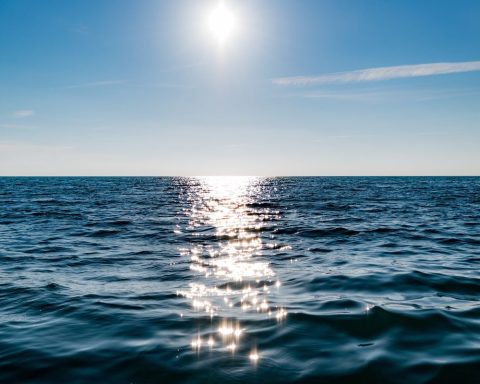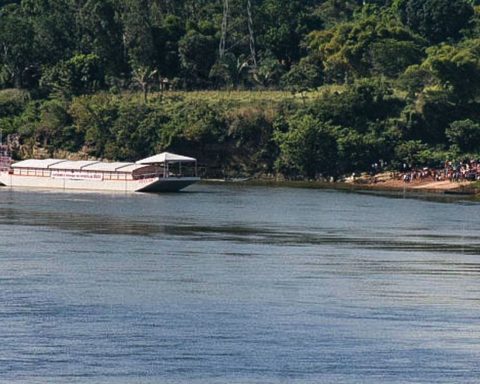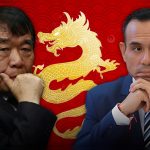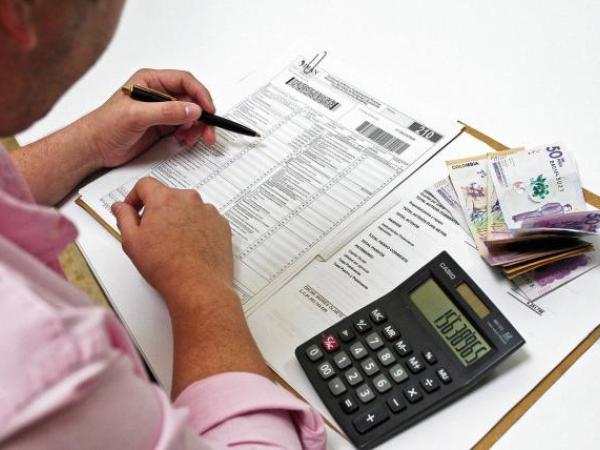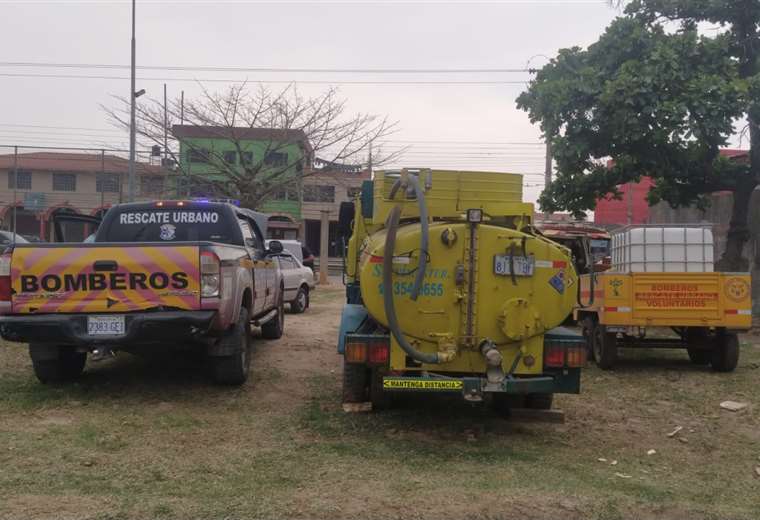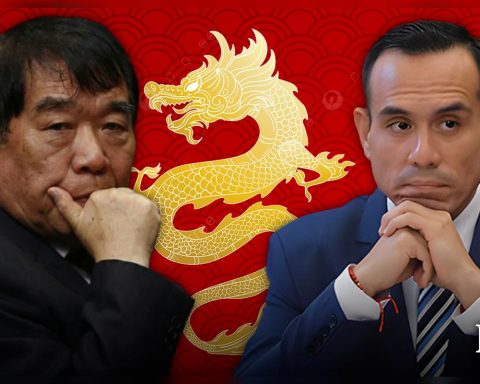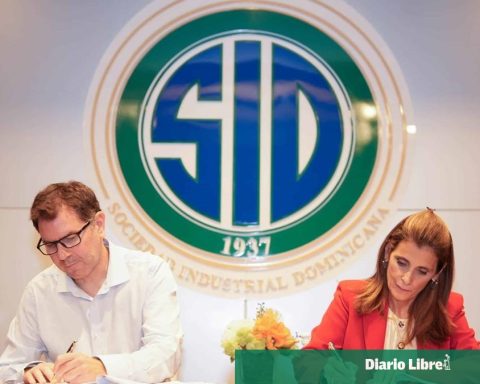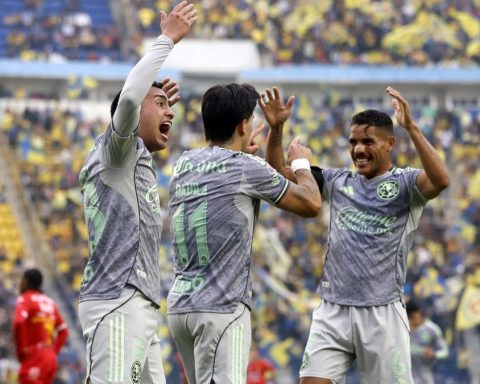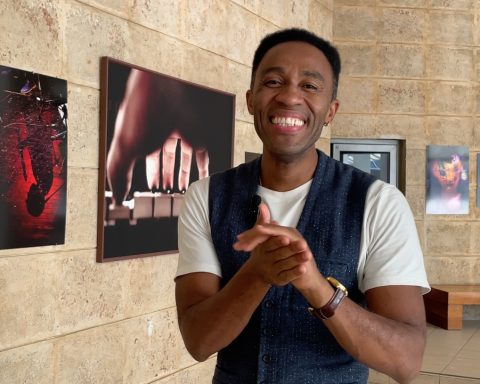The candidate for president for the Novo party, Felipe D’Avila, said today (12) that environmental policy is central to the resumption of economic growth and the generation of jobs and income. “Brazil needs to go back to having an environmental policy geared to the era we live in,” said the candidate, when participating in the A Hora do Voto (The Hour of the Vote) event, promoted by the Brazilian Bar Association (OAB), in São Paulo.
According to the presidential candidate, the world has entered the era of a low-carbon economy and large countries have already assumed that, by 2050, it is necessary to significantly reduce carbon emissions. “And the greatest environmental power in the world is Brazil, which has the capacity to sequester 50% of the world’s carbon. In other words, without Brazil, the world will not solve the environmental issue. And Brazil needs the world to solve its economic issue, to attract investment. And the world is saying that it will only invest in a country that respects the environment, governance and the social agenda”.
On Saturday, D’Avila defended Brazil’s economic opening. “All the countries that have become rich have opened up their economy, they are countries that compete in global trade. No country gets rich by closing itself off to the world, creating protectionist policy, market reserve,” he said. “The economic opening has to be done gradually so that it helps to reindustrialize Brazil”.
The presidential candidate also defended the standardization of Brazilian tax, labor and contractual rules with international ones and the importance of Brazil joining the Organization for Economic Cooperation and Development (OECD) so that this standardization takes place quickly.
Created in 1961, and headquartered in Paris, the OECD is an international organization currently formed by 37 countries, including some of the main developed economies in the world, such as the United States, Japan and European Union countries. Brazil, which since 2007 has been considered an active key partner of the organization, formalized its interest in becoming a full member in 2017, during the Michel Temer government.
